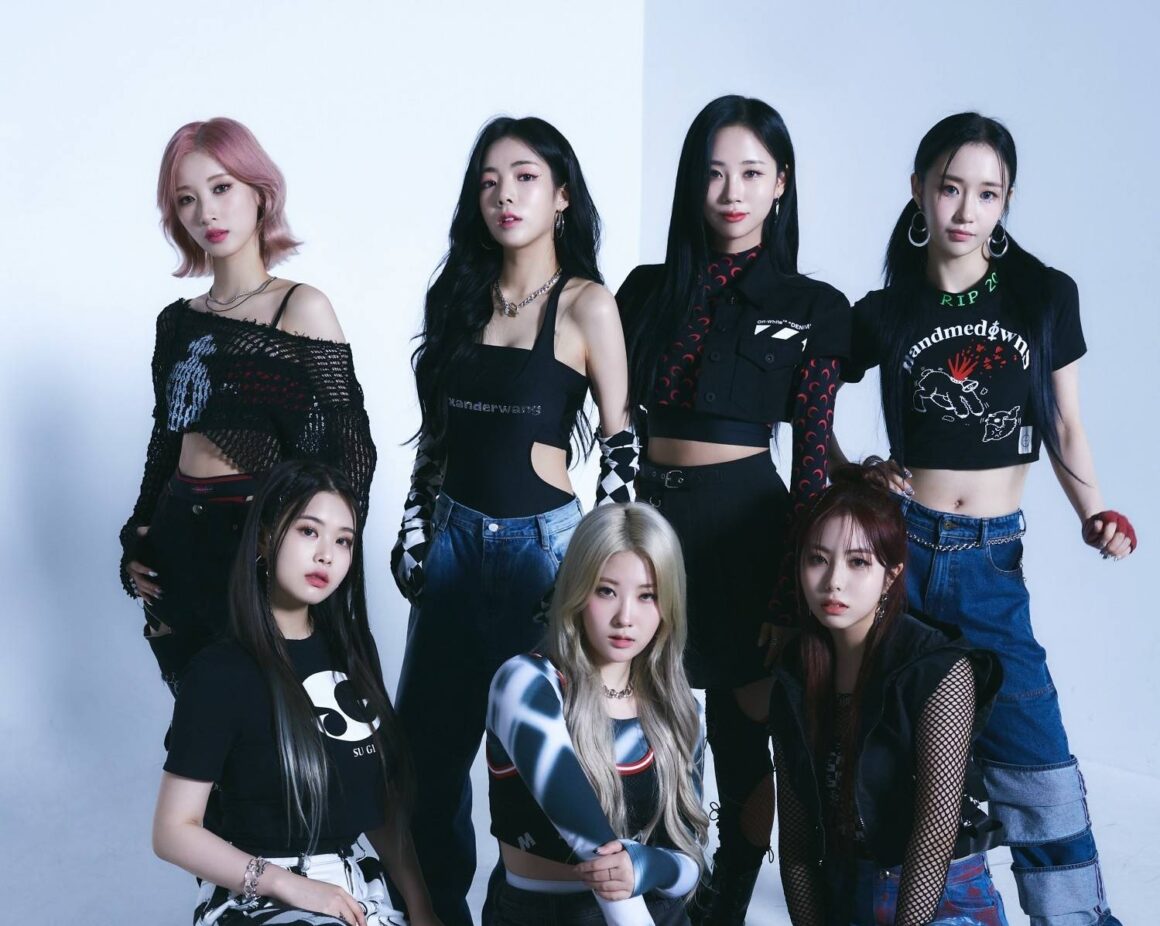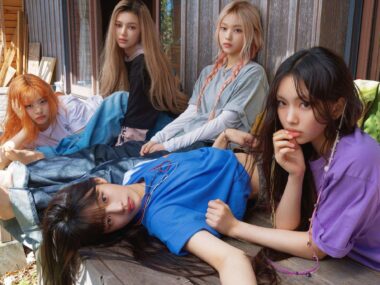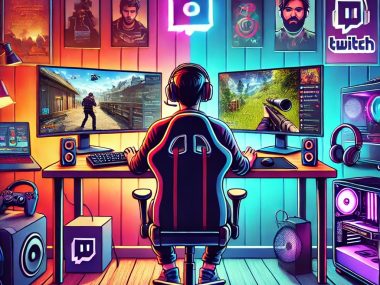It’s been hard seeing so many girl groups like Purple Kiss, Cherry Bullet, Weki Meki and Pixy disband lately. These groups weren’t signed to a big label or were super popular, but they had unique concepts and showed real talent. What’s driving this wave of disbandments?
Is the K‑Pop Market Simply Too Saturated?
It’s no secret that the K‑pop ecosystem is flooded with new girl groups each year. Most are backed by the major agencies with massive promotional resources.
Sadly, only a few manage to truly break through. The rest struggle to stay relevant, even after they achieve initial acclaim or success. Casual fans pay attention to one catchy song and then quickly move on. There’s little long‑term loyalty if the group doesn’t continually deliver hits.
This shrinking engagement from the general Korean public and casual listeners means newer girl groups face an uphill battle to gain traction and maintain it.
Do Smaller Agencies Lack the Tools for Sustainability?
Big four labels (HYBE, JYP, SM, YG) offer major advantages: name recognition, financial backing, and loyal fandoms. By contrast, mid‑tier firms like RBW (Purple Kiss’s agency) try to build everything from scratch, from awareness to sales to engagement. All while keeping budgets tight.
If a comeback doesn’t break into mainstream charts, many agencies feel they can’t justify continued investment.
Financial Pressures and Short Windows for Success
Operational costs for each comeback: production, styling, marketing, are substantial. If sales, streaming, or ticket revenue remains modest, agencies may redirect that budget to debuting another group.
Add in a decline in album sales and touring revenue since early 2024, and the margins shrink further, especially for non‑top‑tier acts.
K‑pop culture expects quick results. If a girl group doesn’t achieve a notable hit within its first year or two, support from both agency and public fades quickly. Meanwhile, the infamous “seven‑year curse” can lead to disbandment or changes in lineups during contract renewal, making a fragile group even more precarious.
Does the Industry Expect Too Much, Too Fast?
The industry culture demands quick success. If a group fails to land a hit within one or two years, both public interest and agency backing tend to evaporate. Those are pivotal moments where initial groups without sustained success almost always get cut.
Why Do Boy Groups Tend to Last Longer?
Boy groups tend to build deeply loyal fandoms early on. These fans are more willing to spend heavily on albums, merch, and concerts.
This creates stable revenue even when mainstream popularity dips. Because agencies see long‑term value, they keep supporting these groups through dips, pauses, and individual projects. Member loyalty also stays stronger. Boys often stick together longer, knowing group cohesion sustains their profitability.
What Can Be Done to Improve Outcomes for Girl Groups?
- Build Fanbases Early Through Survival Shows: Programs like Girls Planet 999 or Produce 101 can generate pre‑debut loyalty, helping trainees from smaller agencies start with real fanbases. The drawback? They’re exhausting and sometimes problematic for trainee well‑being.
- Commit to Consistent Agency Support: Instead of expecting instant hits, agencies need to support gradual momentum (multiple comebacks and sustained fan outreach) even if early results are modest.
- Develop Stable, Cohesive Concepts: Frequent, extreme concept shifts can alienate fans. A strong, consistent brand identity helps fans connect emotionally and stay loyal over time.
- Diversify Income Streams: Allowing members to pursue solo projects like acting, endorsements, collaborations, while keeping the group alive can help spread risk and maintain interest.
- Tap Into Global Platforms More Strategically: Digital marketing, social media, and online performances let girl groups build and sustain international audiences where the spending power often exceeds domestic markets.
- Reduce Industry Overload and Promote Differentiation: If the business reduced the number of simultaneous debuts or encouraged more creative, differentiated group concepts, public attention wouldn’t be so fragmented.
As companies continue to debut girl groups in hopes of getting the next TWICE or BLACKPINK, hopefully they’ll come up with better strategies so their groups will thrive in the future.






